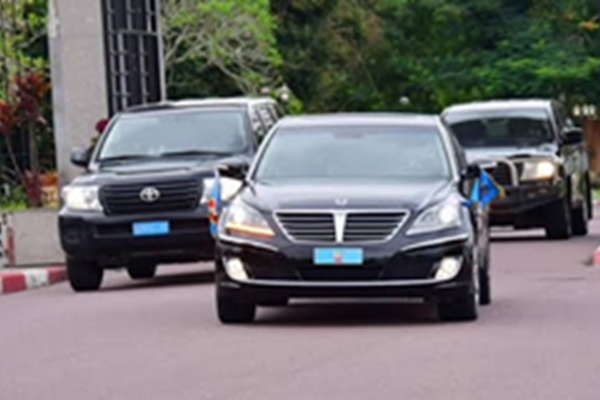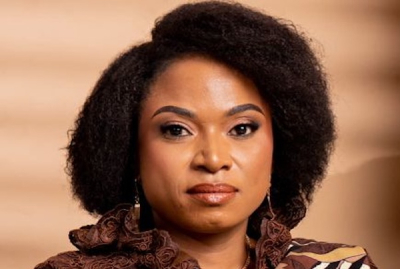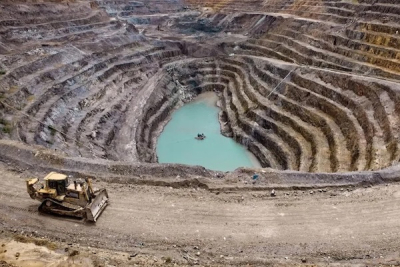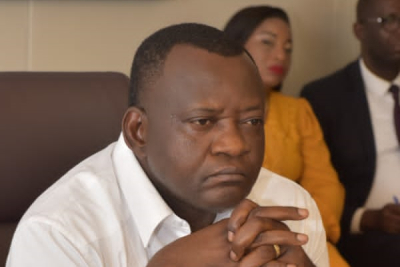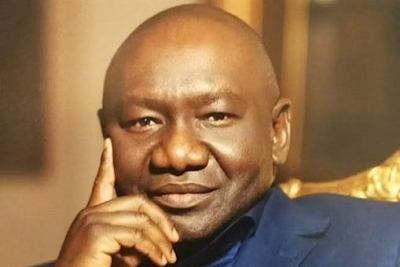Two weeks ago, on February 7, the government of the Democratic Republic of Congo (DRC) adopted a battery of measures to "free substantial cash margins to be allocated to direct support for our armed forces” (ed.note: fighting M3 rebels in the east). The measures were adopted during the Council of Ministers held that day. According to the Council’s minutes, the measures include suspending car purchases for political, judicial, and related institutions, except security vehicles, ambulances, and tractors.
While the minutes do not quantify the expected savings, under the DRC’s 2025 Finance Law, around 333 billion Congolese francs (over $118 million) should be used to buy construction and transport equipment. This does not specify how much will be set aside for vehicle purchases.
Besides freezing vehicle purchases, the Congolese government plans budget cuts across several areas, including operating costs for political institutions and ministerial cabinets, as well as their economic interventions. Remuneration for members of public institutions, public representatives, and political cabinets will also be reduced, affecting both basic pay and permanent bonuses after taxation.
Some expenses will be suspended, notably medical evacuations and service missions, excluding those related to revenue mobilization, national security, or diplomatic actions directly related to the conflict in the east.
According to the government, these measures will not affect public investment in strategic infrastructure, such as roads, energy projects, the 145-Territory Development Plan (PDL-145T), roads, counterpart funds for projects financed by external donors, and tax revenue mobilization initiatives.
The government said it would introduce new rules to monitor the cuts and measures. They also plan to issue a weekly report tracking the measures. The document will submitted to the Head of State.
This article was initially published in French by Abigael Kayiba (intern)
Edited in English by Ola Schad Akinocho






